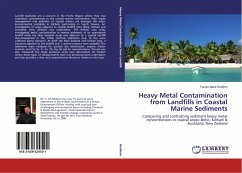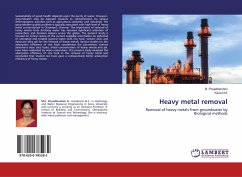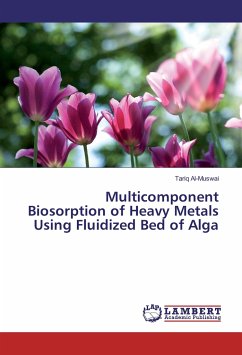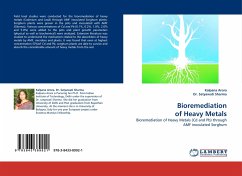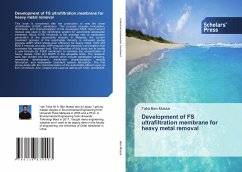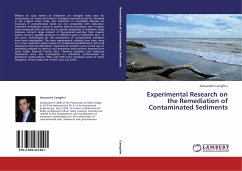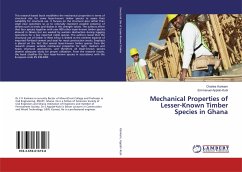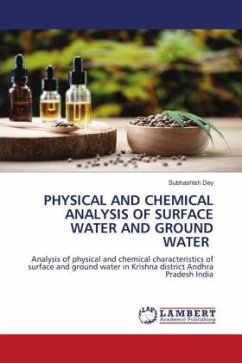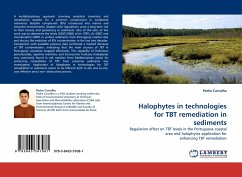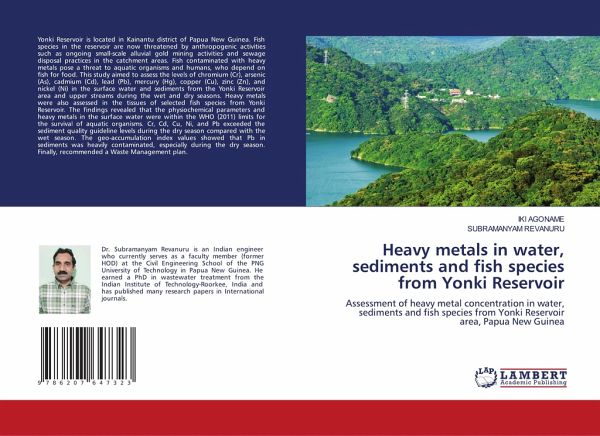
Heavy metals in water, sediments and fish species from Yonki Reservoir
Assessment of heavy metal concentration in water, sediments and fish species from Yonki Reservoir area, Papua New Guinea
Versandkostenfrei!
Versandfertig in 6-10 Tagen
40,99 €
inkl. MwSt.

PAYBACK Punkte
20 °P sammeln!
Yonki Reservoir is located in Kainantu district of Papua New Guinea. Fish species in the reservoir are now threatened by anthropogenic activities such as ongoing small-scale alluvial gold mining activities and sewage disposal practices in the catchment areas. Fish contaminated with heavy metals pose a threat to aquatic organisms and humans, who depend on fish for food. This study aimed to assess the levels of chromium (Cr), arsenic (As), cadmium (Cd), lead (Pb), mercury (Hg), copper (Cu), zinc (Zn), and nickel (Ni) in the surface water and sediments from the Yonki Reservoir area and upper stre...
Yonki Reservoir is located in Kainantu district of Papua New Guinea. Fish species in the reservoir are now threatened by anthropogenic activities such as ongoing small-scale alluvial gold mining activities and sewage disposal practices in the catchment areas. Fish contaminated with heavy metals pose a threat to aquatic organisms and humans, who depend on fish for food. This study aimed to assess the levels of chromium (Cr), arsenic (As), cadmium (Cd), lead (Pb), mercury (Hg), copper (Cu), zinc (Zn), and nickel (Ni) in the surface water and sediments from the Yonki Reservoir area and upper streams during the wet and dry seasons. Heavy metals were also assessed in the tissues of selected fish species from Yonki Reservoir. The findings revealed that the physiochemical parameters and heavy metals in the surface water were within the WHO (2011) limits for the survival of aquatic organisms. Cr, Cd, Cu, Ni, and Pb exceeded the sediment quality guideline levels during the dry season compared with the wet season. The geo-accumulation index values showed that Pb in sediments was heavily contaminated, especially during the dry season. Finally, recommended a Waste Management plan.






